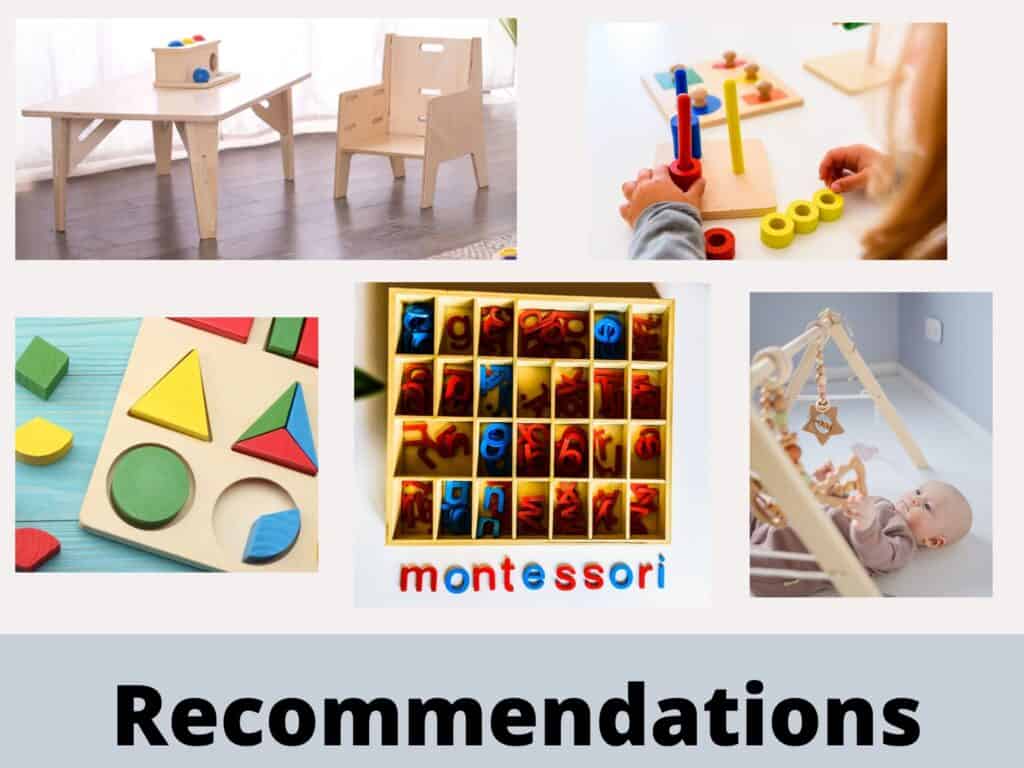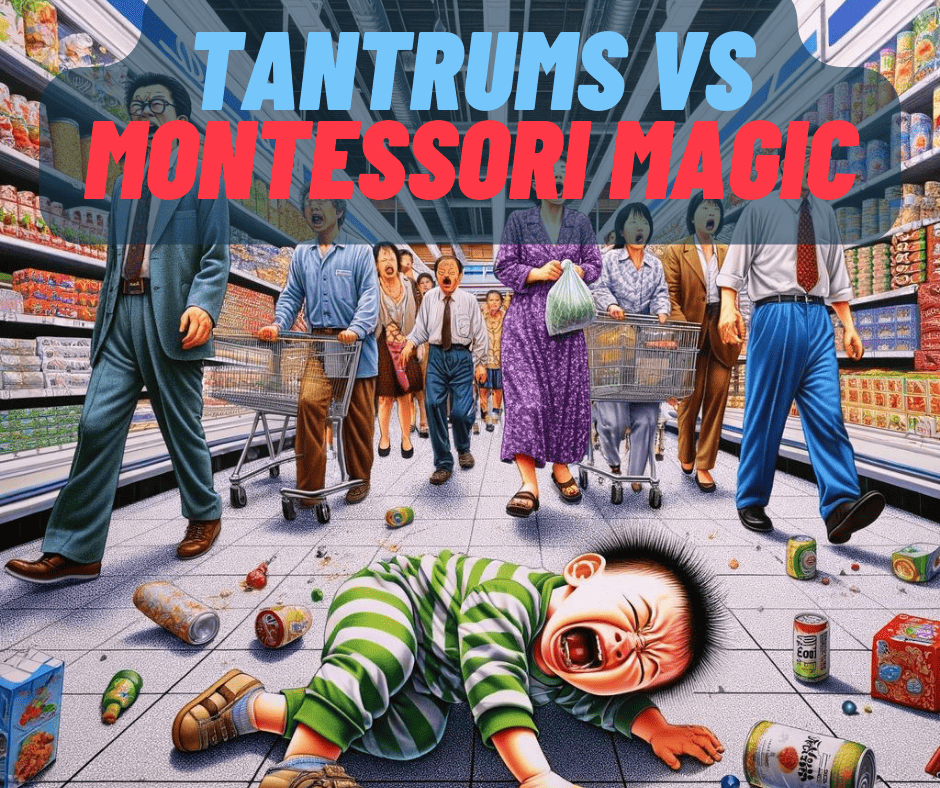
It’s nearly Christmas, which means children around the world are writing letters to Santa and hoping they’ll get on his “nice” list. But Santa becomes more complicated for
There are 4 main reasons why
- It blurs the line between fantasy and reality
- It violates “respect for the child” as it requires some level of dishonesty
- It supports the idea of rewards or punishments based on behavior
- It is socially tricky regarding economically disadvantaged peers that receive fewer (or no) toys
This will be hard to hear for some families. But never fear,
Is Santa Real? Imaginative Play and Montessori
Imaginative play can be a fraught topic for
Instead, Maria
In
An example of this, which is harmless by
This type of play is child-led, does not obfuscate the line between fantasy and reality, and is rooted in observations the child makes about their own world. Even the child playing the dog does not believe that they are actually a dog, but is instead acting out something they see in real life.
So, you might ask, then what’s the problem with Santa? This is where things get more nuanced. According to
Santa and Respect for the Child
Respect for the child is one of the 5 Montessori principles. Some would say it is the underlying principle that supports the entire
By telling your children that Santa is real, you are lying to them. I know this sounds harsh. But in
If this is a tough pill to swallow, take a minute to think: what are the benefits of having your children believe in Santa? It’s cute, sure, and might help your child fit in with extended family members or classmates if they’re attending a non-Montessori school.
But the disadvantages far outweigh any of these benefits. The dishonesty required to support the idea that Santa is real can potentially break the level of trust your child has in you, especially for children that tend to see things in black and white.
Santa Supports Rewards and Punishments
In general, the
So the idea of the child being “naughty or nice” determining what is received on Christmas is simply not aligned with
In addition, it makes your child feel surveilled. “He sees you when you’re sleeping”. Really? This thought alone violates respect for the child while continuing to blur the lines between fantasy and reality.
Santa Is Socially Confusing
Lastly, the idea of Santa becomes socially tricky for children when they see their peers receive way fewer gifts or no gifts at all. For example, what about economically disadvantaged children, children with neglectful or abusive parents, children whose families don’t celebrate Christmas, and children in contact with foster care and criminal justice systems?
Do you want your child believing that Santa doesn’t care about those children? Do you want your child believing that those children are “bad” because they didn’t receive presents or received less-desirable presents? If your child asked why their friend, whose parents are between jobs and struggling with money, didn’t get as many presents as they did, how would you explain this to them?
Overall, it’s against
How to Talk About Santa with Your Montessori Child
So, let’s say you want to follow
The most important thing is to emphasize that Santa is not a real person, but an imaginary figure. You can explain that some families like to pretend that he’s real, so if your child hears another child talking about Santa like he’s a real person, they don’t have to correct them.
In fact, in order to avoid conflict with other families, it might be wise to ask your child not to correct them. If your child seems developmentally ready, you can also explain that Santa is a symbol of the Christmas spirit. You could even make a list of qualities that Santa represents and explore how you and your child can embody those qualities during the holiday season.
Overall, it’s okay to talk about Santa with your child as long as you make sure to emphasize that he’s a fictional character, not a real person.
Celebrating Christmas the Montessori Way
Every family who celebrates Christmas celebrates it differently, and in no way is this article trying to dictate how you should structure your own family traditions. However, it’s important to note that most Christmas activities are entirely in keeping with
Christmas celebrates generosity, togetherness, love, family, and sharing, which are all
In fact,
Here are some additional Christmas traditions that are
- Learning about the history and traditions of Christmas. We like to read our kids this book about St. Nicholas.
- Celebrating generosity and giving gifts. (This can connect nicely to Montessori peace education.)
- Making cards and gifts.
- Volunteering and charity work.
- Picking out, chopping down, and/or decorating a Christmas tree.
- Decorating your house for the holidays.
- Reading books related to the “Christmas spirit” of love, generosity, and togetherness.
- Making and decorating Christmas cookies.
- Working together to prepare Christmas Eve and Christmas Day meals.
- Attending Christmas church services or any type of performance associated with Christmas (e.g. The Nutcracker.)
- Sharing time together as a family.
Check out our article on Montessori Christmas activities and our favorite Montessori Christmas trees for more information. And, no matter how you celebrate, we hope you have a fantastic holiday season!







